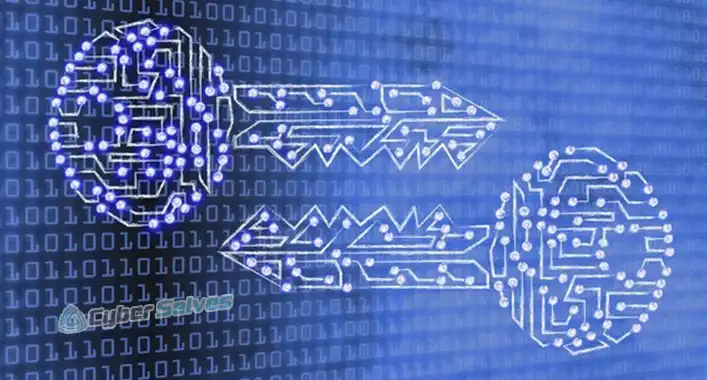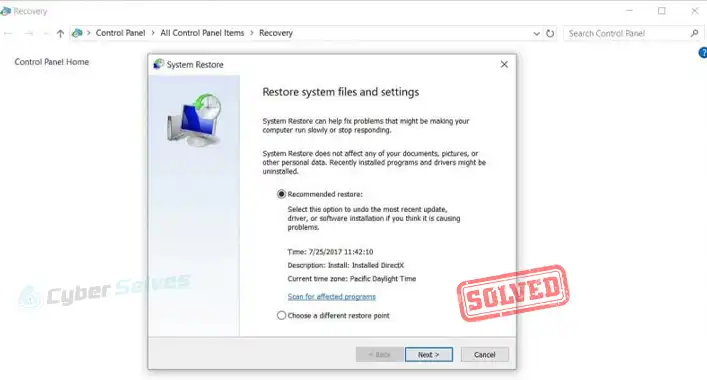Why Is Public Key Encryption Hard to Crack? Reasons Explained
Public key encryption is like the guardian of your online security, but have you ever wondered why it’s so darn hard to crack? In this article, we’ll discuss the world of public key encryption, demystifying the complexity and revealing why it’s a formidable fortress against prying eyes.

Basics of Public Key Encryption
To appreciate why public key encryption is a tough nut to crack, let’s start with the fundamentals –
Public key encryption, also known as asymmetric encryption, relies on a pair of keys: a public key and a private key. The public key is like a lock that’s widely distributed, while the private key is the unique key to open that lock. Messages encrypted with the public key can only be decrypted with the corresponding private key. At the heart of public key encryption lies the enigma of prime numbers. Prime numbers are those magical integers divisible only by themselves and 1.
Reasons Behind Public Key Encryption Is Hard to Crack
Public key encryption stands as a stalwart guardian of digital security, its impenetrable nature no mere coincidence. As we get into the realm of cryptography, we shed light on the formidable challenges that make public key encryption exceptionally resistant to breaches. Those are –
a. The Challenge of Factorization
One of the most widely used public key encryption methods is the RSA algorithm. It’s based on the idea that factoring a large number into its prime components is a Herculean task. The difficulty of factorization grows exponentially with the size of the number. This means that as you increase the number of bits used for encryption, the time required to crack it increases exponentially.
b. The Role of Key Length
Key length matters when it comes to encryption. Longer keys offer higher security, as they increase the complexity of factorization. A 2048-bit RSA key is considered secure today, but as computing power advances, longer keys will become necessary.
Is There Any Vulnerability of Public Key Encryption?
To be honest, even though it’s a tough nut, public key encryption isn’t always indestructible. It can have vulnerabilities based on a couple of factors. Those are –
- Shor’s Algorithm
Enter the quantum computers, which could potentially pose a threat to public key encryption. Shor’s algorithm, when run on a powerful enough quantum computer, can efficiently factor large numbers, breaking RSA encryption. Researchers and cryptographers are already exploring post-quantum cryptography to stay one step ahead of potential quantum threats.
- The Human Element
Even the strongest encryption can be compromised by human error. Weak passwords, poor key management, and social engineering attacks can still open doors.
The Bottom Line
Public key encryption’s resilience to cracking lies in the complex mathematics behind it. Factorization of large numbers is a daunting task, and quantum computing, while promising, is not an immediate threat. Security is a constant race between encryption and decryption, and as long as the math remains hard, your data stays safe. Lastly, it’ll be very supportive if you share your valuable feedback with us and let us know whether you find this post informative.





